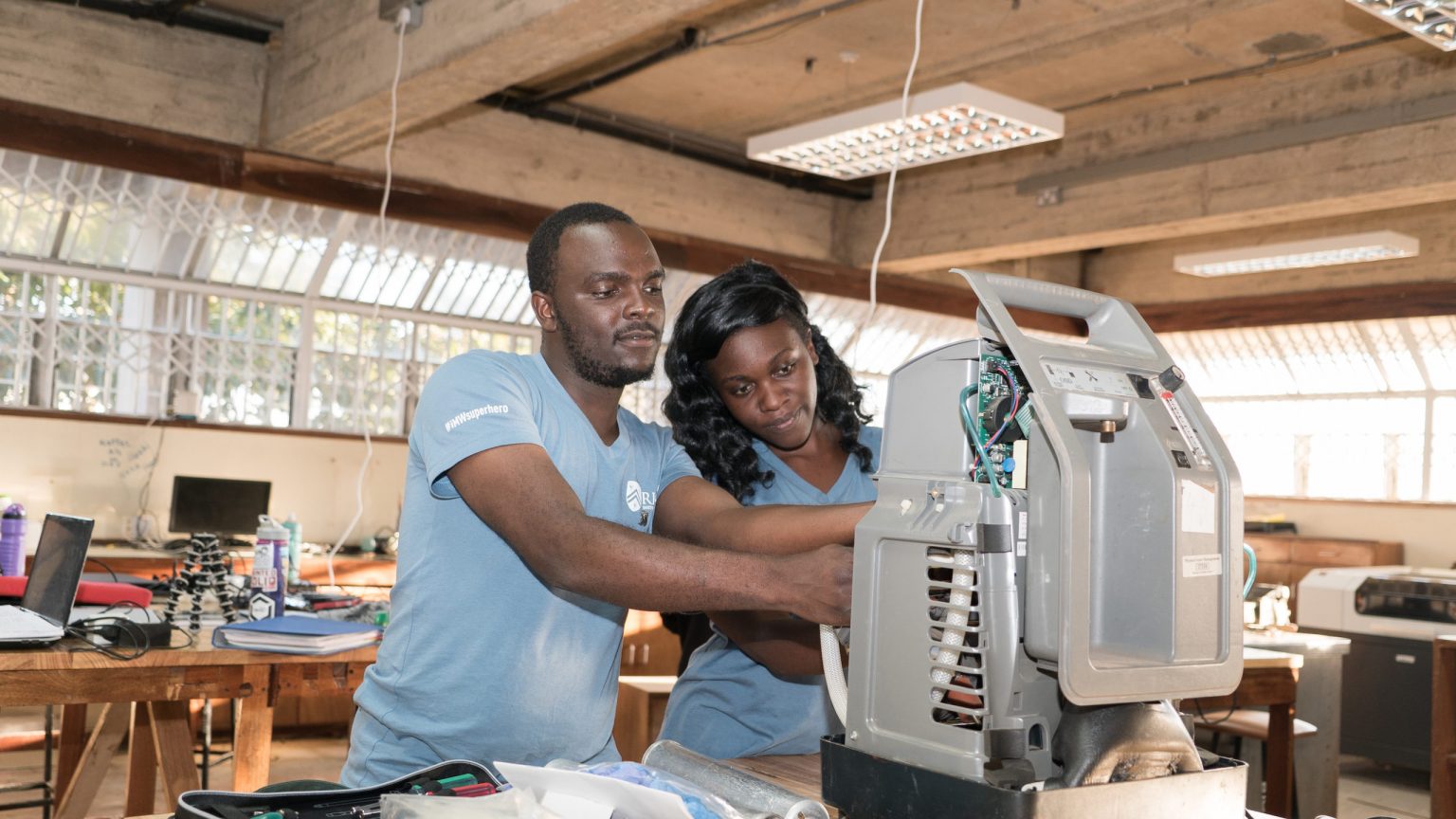Renewed concern about the safety of public streets, especially for women, has prompted the UK government to announce the doubling of a “Safer Streets” fund to £45 million, with planned measures including more CCTV in public places such as parks. This would be to add to a street surveillance ecosystem that is already extensive in the UK – often referred to as the most surveilled nation on Earth. The first wave of surveillance cameras went in 30 years ago, and by 2013 an estimated 5.9 million units were watching UK streets. That figure is likely far higher today, driven in part by the new availability of compact cameras like dashcams, bodycams and doorbell…
Author: The Conversation
The COVID-19 pandemic continues to have dramatic impacts on mobility, work routines, social interactions and psychological distress. Although no longer novel, the pandemic is still causing an overall disruption of normality and challenging our ability to make sense of the world around us. The World Health Organization has been drawing attention to pandemic fatigue, a natural response to a prolonged public health crisis. Pandemic fatigue involves decreasing motivation to follow health-related directives, including engaging in pandemic protective actions like eating well, exercising and decreasing tobacco or alcohol consumption. All levels of public health are attempting to explain, prevent and cope with this phenomenon. Making sense In our…
Over the past decade, selfies have become a mainstay of popular culture. If the #selfie hashtag first appeared in 2004, it was the release of the iPhone 4 in 2010 that saw the pictures go viral. Three years later, the Oxford English Dictionary crowned “selfie” word of the year. We use selfies for a variety of purposes, ranging from the social to the professional. According to a 2018 survey, 82% of US adults under 34 had posted a selfie on social media. Until the pandemic hit pause on public gatherings, an entire industry was dedicated to generating selfie events and museums. Given this tremendous reach and…
Dr. Msandeni Chiume Kayuni found herself in the middle of a supply crisis as COVID-19 spread to Africa in April 2020. As head of Pediatrics at Kamuzu Central Hospital in Lilongwe, Malawi, her team faced a critical shortage of N95 and regular surgical face masks. Nurses and doctors were striking. “We had members of hospital staff put their tools down because they did not feel it was safe to practice,” she told us in an interview. Ingenuity kicked in. The Malawi team purchased raincoats from the local market to use as personal protective equipment when they could not afford appropriate…
The pandemic has bred a new dependence on online technologies for work and social engagement. Immersive technology such as that used in 3D video games, virtual reality and augmented reality can be designed now so that the person experiencing them is transported into a socially rich online world. This began with the design of massive online role playing games and continues with other platforms for living in an altered digital reality with purposeful activity, such as the platform Second Life. https://www.youtube.com/watch?v=B1Xxay54fYA&feature=emb_logo Introduction to Second Life. During pandemic shutdowns, online role playing gamers have still had access to extensive social connections with many people in virtual worlds. Players communicated free…
When music fans listen to their favourite album, there’s a certain satisfaction derived from knowing that they paid for the music they love – they’re giving back to the artists who made it. That’s not the case on music streaming platforms, where artists aren’t paid a fixed fee when you stream their songs or albums. Instead, your subscription fee enters a big pot which is then split between every artist on the platform based on their share of overall streams. You can think of the payment pot as a pie chart: the size of an artist’s slice of revenue is determined…
Everyone needs to know the time. Ever since the 17th century Dutch inventor Christiaan Huygens made the first pendulum clock, people have been thinking of good reasons to measure time more precisely. Getting the time right is important in so many ways, from running a railway to doing millisecond trades on the stock market. Now, for most of us, our clocks are checking themselves against a signal from atomic clocks, like those on board the global positioning system (GPS) satellites. But a recent study by two teams of scientists in Boulder, Colorado might mean those signals will get much more accurate, by…
n the early hours of March 23, the container ship Ever Given was blown off course by high winds on its way through the Suez Canal. At 400 metres long, the Ever Given is longer than the canal is wide, and the ship became wedged firmly in both banks, completely blocking traffic. Dredgers, excavators and tug boats are working frantically to free the ship, but the operation may take weeks, according to the head of one of the rescue teams. About 10% of the world’s maritime trade passes through the canal, which allows ships to shorten the trip between Europe or the American…
The impacts and burdens of COVID-19 are distributed in a highly uneven fashion. For many, COVID-19 has meant job losses, financial insecurity, adverse effects on their work or increased stress. For others more privileged, COVID-19 has meant an improved work-life balance and improved relationships. The Pew Research Center recently published a survey of American’s views and reactions to COVID-19. The U.S. context is different from Canada, perhaps most notably in dramatically different death rates: more than 160 deaths per 100,000 people in the U.S. versus 60 deaths per 100,000 people in Canada. But there is much in the Pew survey that no…
Having spent the early months of 2021 exiled from social media, Donald Trump may be set to make a return, circumventing his Twitter ban by creating a social media platform of his own. Jason Miller, the Trump aide who announced the news, has said the platform could be ready in “two or three months”. While the announcement might seem ambitious, building a social media platform is actually relatively easy. In 2004, a rudimentary form of Facebook was developed in just two weeks. Since then, advances in software development and cloud computing have made it far easier to create a social media platform in…










